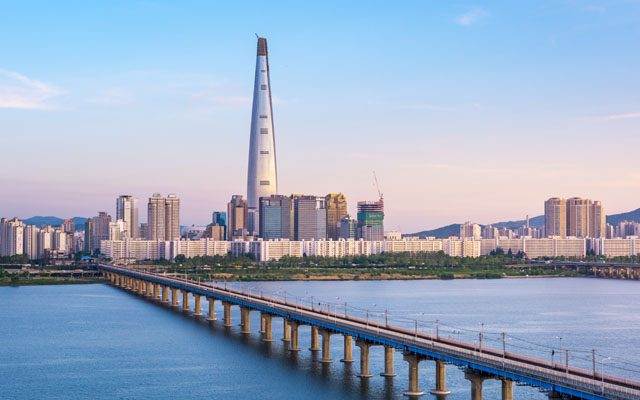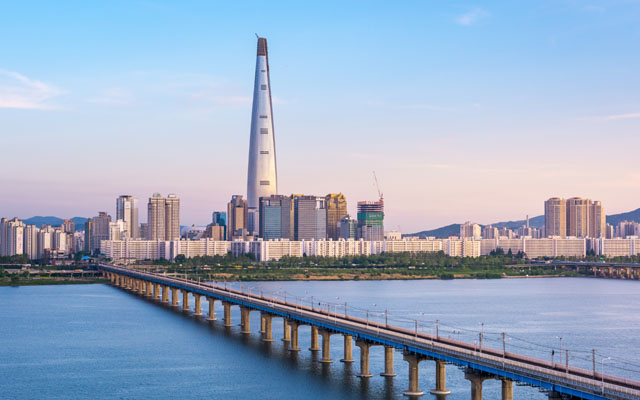The World Travel & Tourism Council (WTTC) has revealed positive signs of recovery for the Asian travel and tourism sector, with five major metropolises seeing a significant economic rebound.
The report, researched in partnership with Oxford Economics, analysed key indicators such as travel and tourism’s contribution to GDP, employment and traveller spend in 82 cities from around the world.

There were five Asian cities among the top 25 whose travel and tourism sectors have the greatest impact on their local economies.
According to the study, the highest performing Asian cities in 2022 were Bangkok, Beijing, Seoul, Singapore, and Tokyo.
Following continued border closures and strict travel restrictions, the report shows that in these major powerhouses, travel and tourism’s direct contribution to GDP is recovering, albeit at a slow pace.
While it is a slightly different picture for international visitor spending, all cities are starting to show signs of economic recovery thanks to overseas travellers spending once again.
Most of the cities’ sector job levels are also increasing once again, with the exception of Tokyo, whose sector job market is recovering at a slower rate.
GDP contribution of travel and tourism sector slowly recovering
The WTTC’s Cities Economic Impact Report shows that in 2019, the travel and tourism sector contributed $106.9 billion to the capitals of these five countries combined.
However, the pandemic has had a damaging and long-lasting effect on the region with only Beijing recovering close to 2019 levels.
As the largest city destination in Asia, Beijing is showing the strongest signs of recovery. In 2022, the GDP contribution from the sector was just 4% below 2019, at $32.6 billion, thanks to a strong recovery of domestic tourism.
Tokyo has the next largest travel and tourism economy in the region, worth $18 billion in 2022, but this is still 30% lower than in 2019.
In Seoul, the GDP contribution last year was $8 billion, 33% lower than in 2019.
In Singapore, the GDP contribution last year was 45% lower than in 2019.
In 2022, the sector’s GDP contribution to Bangkok was $9.2 billion, 54% lower than in 2019.
Julia Simpson, WTTC president & CEO, said: “Asia has long been a world-favourite destination and after more than two years of disruption, it is great to see tourists and business travellers heading back. Tourism provides a massive boost to both the economy and job creation.
“Our Cities Economic Impact Report shows that we expect Beijing to overtake Paris to become the world’s largest city travel and tourism economy within the next decade.
“It is crucial that the national and local governments continue to recognise the importance of travel and tourism for the local and national economies, jobs, and businesses.”
Jobs on the rise
In 2019, there were more than three million people employed by the travel and tourism sector across these five capital cities in Asia.
Beijing and Bangkok each employed the largest number of people, with more than 1.3 million employed in Beijing and just over one million in Bangkok respectively.
By 2022, following two years of painful job losses, the total employed by the sector recovered to 2.5 million jobs.
All cities had fewer sector jobs in 2022 than in 2019, however, Tokyo continues to witness worrying year-on-year job losses.

















